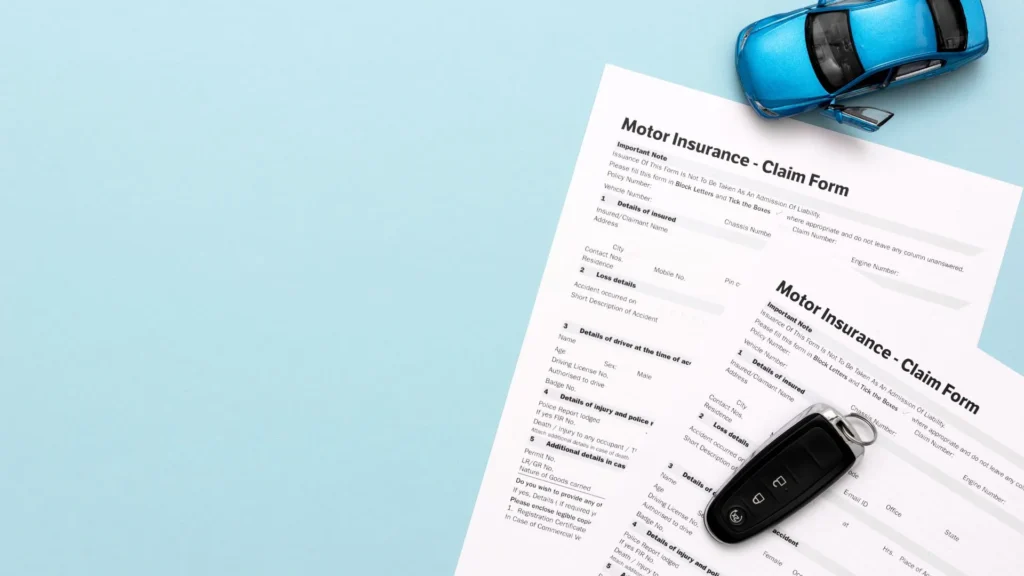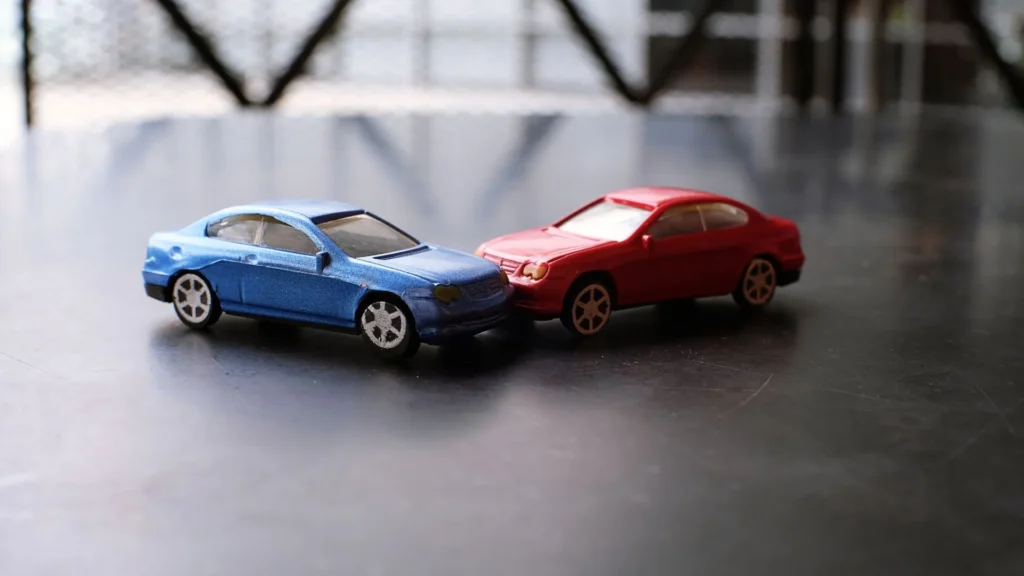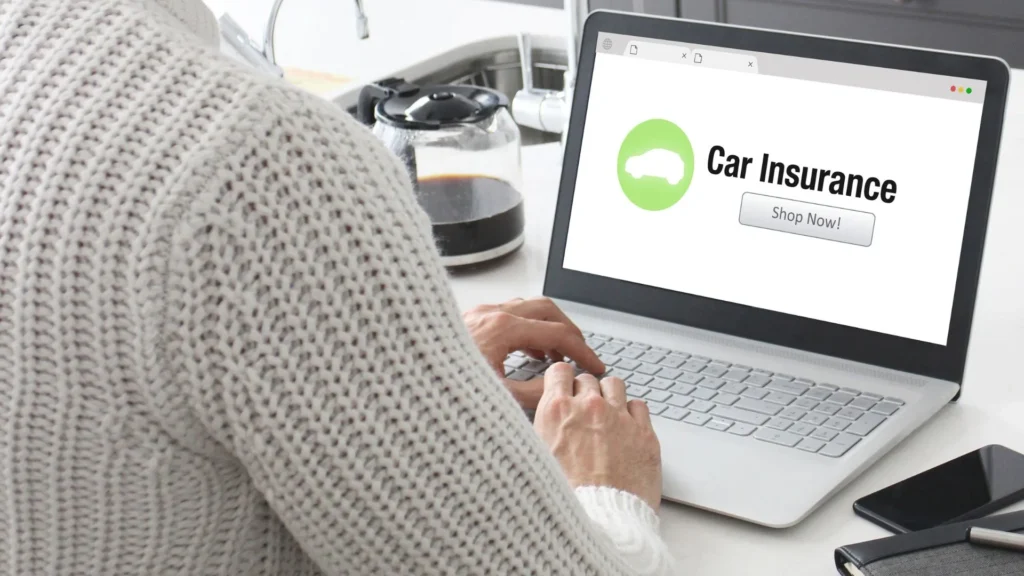In the case of separated or divorced couples who have joint custody, determining which parent is responsible for the motor vehicle insurance of their children can be complicated. Laws governing such situations and the associated penalties are applicable. Hence, non-custodial parents must be aware of these rules. They need to meet their responsibilities when dealing with joint child custody.
This article explores whether a parent without custody is still responsible for car insurance. We examine factors such as custodial arrangements, parents’ financial state, the age-ability of the child, and their valid driving licenses. Also, check out Beem for personalized auto insurance quotes from the industry’s leading insurance providers and get up to 40% off on your preferred coverage.
Determining Responsibility of Non-Custodial Parents for Car Insurance
Non-residential parents can manage the insurance requirements through open communication channels, follow stipulated legal rules, and ensure that the child’s best interests are also considered. Getting legal counsel from experts on platforms like Beem when necessary and having a cooperative relationship with the custodial parent is critical. Here are the factors you need to consider.
Custodial Parents
Providing for a child’s basic needs, including clothing, food, and shelter, and typically relies on the custodial parent.
Car Insurance
Unlike other expenses covered by child support, such as schooling or medical costs, car insurance requires special consideration due to its particular nature and legal restrictions.
Primary Residency
Insurance companies frequently need a child named on the parent’s policy with whom they primarily reside. Given their primary role in the child’s daily care, the custodial parent is often responsible for this.
Joint Custody
Determining who should be responsible for the insurance becomes more complicated in cases of dual custody. The parents may jointly carry financial responsibilities, such as sharing insurance charges, even though the custodial parent can still offer the child’s primary care.
Legal Framework
Child support laws differ by state, and there may be exceptional standards or regulations controlling insurance coverage for children after divorce.
Negotiation and Agreement
Parents can talk and establish agreements on insurance duties outside of court. These agreements can be included in the divorce settlement and made legally binding.
Legal Implications and Obligations
The parent with the most custody time is responsible for paying for the child’s motor vehicle insurance. While some companies require both policies to provide coverage to the child, others want only one policy. You and your partner must negotiate if you wish to cover the child under one policy.
This doesn’t mean other parents do not have to pay for it either. You still need to provide your children with accident cover even if they don’t always live with you. Determining who should pay for what can be difficult when custody is split. Insurance experts and attorneys can level things up and spell out responsibilities as per motor vehicle insurance and the welfare of kids.
Factors Influencing Responsibility
Who pays for a child’s auto insurance after a divorce is a crucial issue that depends on several things. The need for auto coverage by a non-custodial parent depends on several factors, including but not limited to:
Custody Arrangement
A non-custodial parent who spends considerable time with a child and chauffeurs him/her around may assume joint liability for auto insurance.
Financial Situation of Parents
If one parent is more affluent than the other, they may be required to pay higher premium charges on car insurance.
Child’s Age and Driving Status
When children reach the age that permits them to drive and possess a license, they may be required to pay for their auto coverage.
Seeking Legal Advice and Guidance
The child support and insurance responsibilities after a divorce can be challenging and stressful for the child and parents. Parents should seek legal advice and guidance to address their rights and obligations adequately. Speaking with insurance experts from Beem can assist parents in understanding their responsibilities and duties. They can also help settle disputes and reach agreements. Ensuring optimal care for the children is the paramount concern.
People Also Read – Does Car Insurance Cover Non-Accident Repairs?
Conclusion
In conclusion, analyzing each state’s legal requirements is critical. Custody arrangements, the child’s age and driving status, and the parents’ financial condition can all impact who pays for auto insurance. Consulting an insurance professional and referring to the court order might help clarify a non-custodial parent’s obligations.
Beem offers exceptional assistance services to help non-custodial parents with custody arrangements and financial obligations. With Beem, parents can access professional support and guidance, allowing them to make informed decisions that prioritize the well-being of their children during challenging times.
FAQs
Does child support cover car insurance in Texas?
In Texas, child support doesn’t include car insurance. Child assistance is intended to help children with basic requirements such as food, clothes, and shelter. However, child support can indirectly aid with auto insurance by assisting the custodial parent who gets it in paying for household expenditures, including car insurance for the child.
What happens if I’m not on my parent’s car insurance?
Your parents’ auto insurance may not include you as an operator, which will lead to financial variations in such an event. The amount could be paid in full, and you could be added to the policy, but your premiums will be hiked. The insurer might not extend your rider policy when it runs out after your vehicle was never mentioned in your parent’s agreement. Thus, they can reject your claim and only accept you under the family insurance plan if they find you listed on the policy.





























